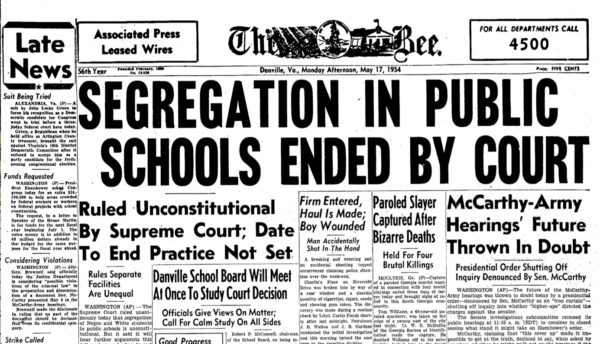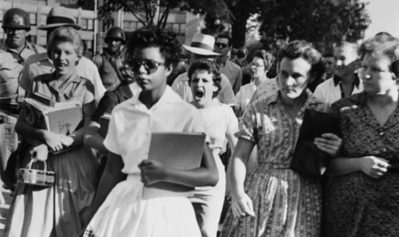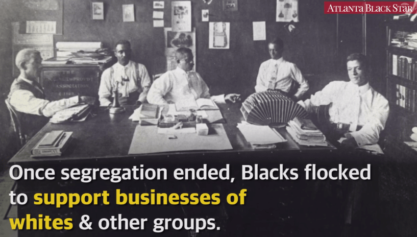On May 17, 1954, the U.S. Supreme Court ruled in Brown vs. Board of Education of Topeka, Kansas, that state laws establishing separate public schools for Black and white students were unconstitutional, violating the Equal Protection Clause of the Fourteenth Amendment. The 9-0 decision was hailed as a major victory for the civil rights of African-Americans, paving the way for the integration of the nation’s schools. But in retrospect, while there was reason to celebrate the court decision, there were also many things the Black community lost after the Brown decision.
Effective Black Schools Were Closed
The superior education that many Black schools provided before integration is a source of fierce pride for alumni of those schools, in addition to the subject of a growing body of scholarship, according to journalist Jonathan Tilove. Remarkably, Black communities, under the thumb and under the radar of oppression, created schools that imbued Black children with a sense of confidence and possibility in the very midst of a system determined to limit them.



